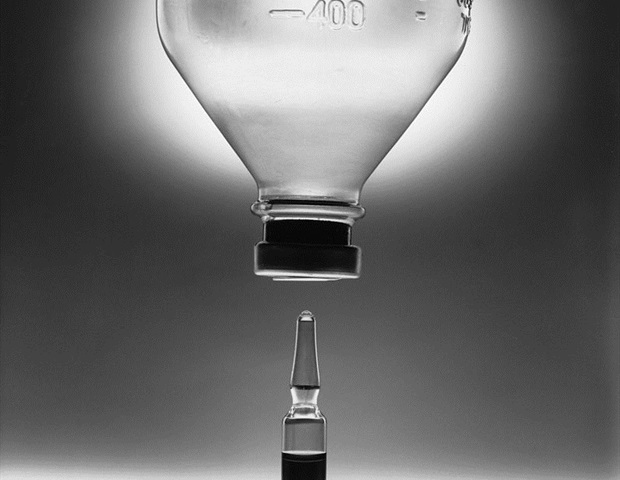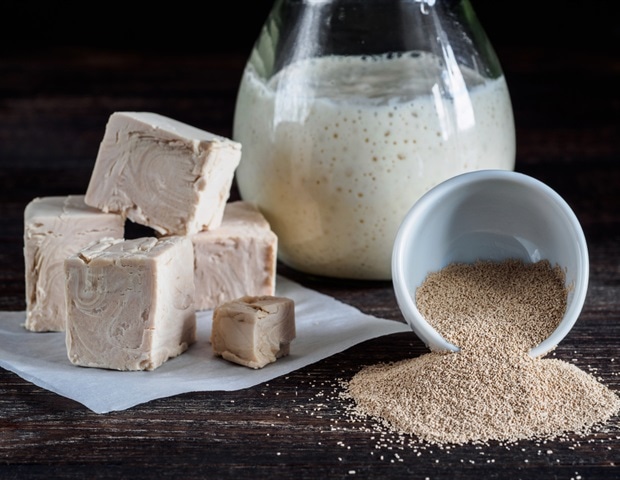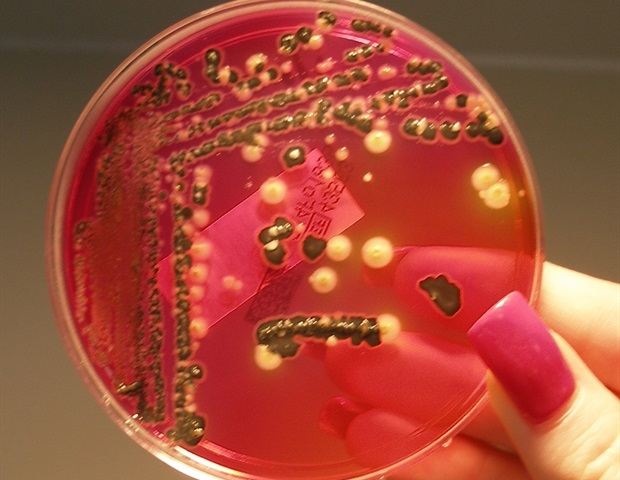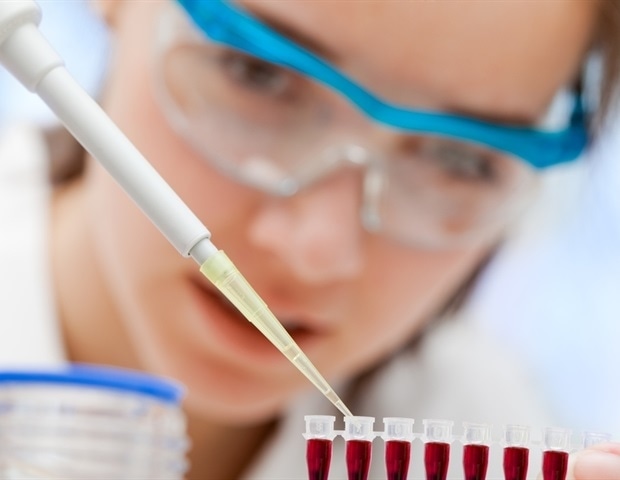There is a challenge related to prostate and many other cancers that cancer cells form resistance to treatments as the disease progresses. However, these resistance mechanisms are not yet fully understood. A new study by the University of Eastern Finland found that inflammation-promoting immune cells, M1 macrophages, can transform cancer cells into stem-like cells and thus immune to treatment.
The results were published in OncoImmunology journal. The study examined the impact of factors promoting inflammation in a tumor microenvironment on the progression of prostate cancer. Researchers focused particularly on the role of M1 and M2 macrophages in the tumor microenvironment.
Macrophages are immune cells whose large number in the tumor area is often a sign of poor prognosis in relation to prostate cancer. The study found that pro- inflammatory macrophages (M1) increase the stem cell traits of cancer cells and weaken the androgen response. We found that pro-inflammatory M1 macrophages secreted factors that increased the expression of stem cell markers such as NANOG, KLF4, SOX2 and CD44 in prostate cancer cells.
Based on our research, it seems that inflammatory tumor microenvironment promotes the transformation of prostate cancer cells into a stem cell-like state where they are resistant to traditional therapies." Kirsi Kainulainen, Doctoral Researcher The results help us understand how immune response affects the progression of prostate cancer and resistance to treatments. Obser.


















